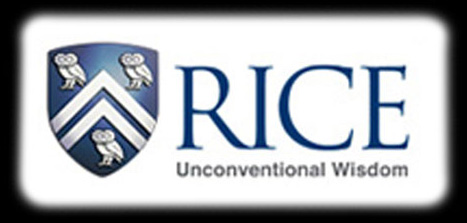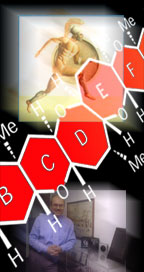Introduction
Man's fascination with natural substances goes back to ancient times. With the discovery of salicin from willow tree extracts and the development of aspirin in 1899, the art of exploiting natural products became a molecular science. The discovery of penicillin in 1928 and its subsequent development as an antiinfective agent represents another milestone in the history of natural products, and marked the beginning of a new era in drug discovery, in which bacteria and fungi were added to the plant kingdom as sources for biologically active compounds.
Today, with marine organisms and other living creatures as additional sources of active compounds, the chemistry and biology of natural products represents a major avenue to drug discovery and development. Indeed, a large portion of today's major drugs have their origins in nature. It is, therefore, not surprising that one of the most flourishing and rewarding frontiers in modern science is the study of the chemistry and biology of natural products.
But man's imagination does not stop at the frontiers defined by nature. With the ever-increasing power of organic synthesis, the advent of combinatorial chemistry and the major advances occurring in biology today, the synthetic organic chemist is poised to make important contributions by inventing and developing new enabling technologies for the generation of novel libraries of not only natural products, but also of designed small organic molecules of broad structural diversity for binding to and modulating the function of biological targets.
In our laboratories, the study of the chemistry and biology of natural products and designed molecules encompasses total synthesis, solid phase chemistry, molecular design, combinatorial synthesis and biological investigations. In pursuing the total synthesis of natural products, new synthetic strategies and methods are sought to solve the problems at hand, but also to remain as enabling technologies for chemistry, biology and medicine. Targets are selected on the basis of novel molecular architecture, important biological activity and interesting mechanism of action. In addition to total synthesis, we are interested in the discovery and development of new solution and solid phase reactions for the purposes of delivering novel molecular diversity libraries for biological evaluation. The aim is to optimize the opportunity for discovery and invention and to provide challenging arenas for education and training through logical reasoning and imagination. Merging natural products chemistry, chemical synthesis and chemical biology, these principles form the foundation for our research and educational programs.
References
1. Perspectives in Total Synthesis: A Personal Account, K.C. Nicolaou, Tetrahedron 59, 6683-6738 (2003).
2. Art and Science of Total Synthesis at the Dawn of the Twenty-first Century, K.C. Nicolaou, D. Vourloumis, N. Winssinger, P.S. Baran, Angew. Chem. 112, 46-126; Angew. Chem. Int. Ed. 39, 44-122 (2000).
3. The Art and Science of Organic and Natural Products Synthesis, K.C. Nicolaou, E.J. Sorensen, N. Winssinger, J. Chem. Ed. 75, 1225-1258 (1998).
Lecture Presentation
To download the KCN Lecture presentation entitled "Perspectives in Total Synthesis" click on this link: Pers_AzaLecture.pdf (98MB file size)
(Contents of this file may take a few minutes to download, thank you for your patience.)


